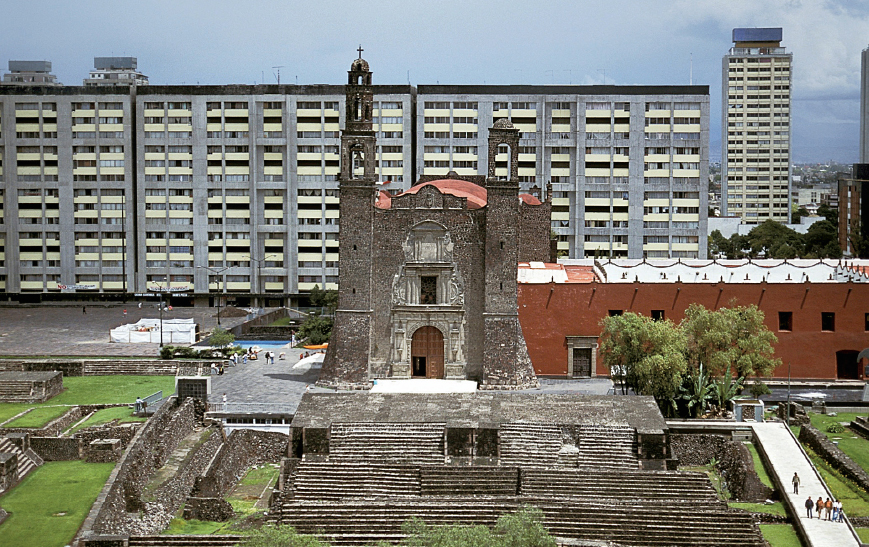Understanding World Societies:
Printed Page 976
Economic Nationalism in Mexico
Although Spain’s Central and South American colonies and Portuguese Brazil won political independence in the early nineteenth century, the new nations struggled to achieve genuine economic independence. Latin American countries had developed as producers of foodstuffs and raw materials exported to Europe and the United States in return for manufactured goods and capital investment. This exchange brought considerable economic development but exacted a heavy price: neocolonialism (see “Brazil: A New World Monarchy” in Chapter 27). The Great Depression further hampered development and provoked a shift toward economic nationalism, a systematic effort by nationalists to end neocolonialism and to free their national economies from U.S. and western European influences.
Economic nationalism and industrialization were especially successful in the largest countries in Latin America: Mexico, Brazil, and Argentina. In Mexico, Lázaro Cárdenas, elected president in 1934, carried out sweeping economic reforms. Millions of acres of large estates were divided among small farmers or were returned undivided to Indian communities. State-

Modern apartment buildings rise behind Aztec ruins and a Spanish church built in 1536. Mexican authorities massacred student protesters at this plaza to suppress unrest before the 1968 Summer Olympics in the city. (© Macduff Everton/The Image Works)
The presidents who followed Cárdenas used the state’s power to promote industrialization, and the Mexican economy grew consistently through the 1970s. While the country’s economic health improved, social inequities remained. The upper and middle classes reaped the lion’s share of the benefits of this economic growth.